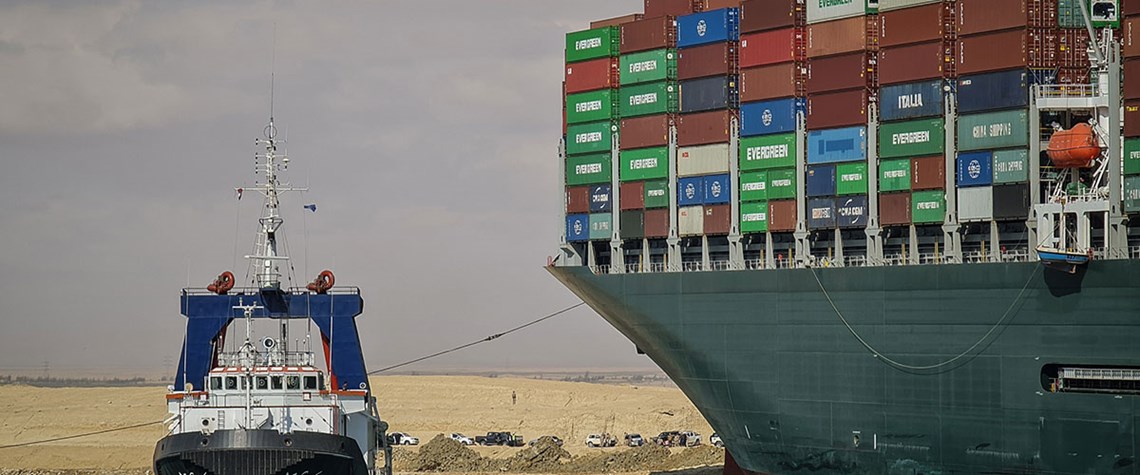Suez crisis highlights bottlenecks
The blockage of the Suez Canal by a single vessel highlights how important navigational chokepoints are for the shipping sector and commodities markets
Containership the Ever Given was refloated in late March, six days after running aground and blocking the Suez Canal in both directions, causing significant disruption and a build-up of traffic waiting to traverse the waterway. The alternative to taking Suez is to circumnavigate Africa via the Cape of Good Hope. The distance from Rotterdam to Japan via the Cape route, for example, is around 25pc longer, and voyage time at 11 knots increases to around 54 days, up from 42 days via Suez. Hormuz is the world’s most important oil transit chokepoint That means increased fuel expenditure and the potential for knock-on disruption to port loading and unloading schedules and any subsequent voy

Also in this section
15 May 2025
Financial problems, lack of exploration success and political dogma cause uncertainty across much of the region
14 May 2025
The invisible hand of the market has seen increasing transparency but much more needs to be done to build a better understanding
13 May 2025
A fall in Venezuelan output drives overall production lower, as Saudi Arabia starts to slowly bring more crude to the market
12 May 2025
With the gas industry’s staunchest advocates and opponents taking brutal blows, the sector looks like treading a path of insipid indifference








